Inditex's success is directly related to the success of the communities and surroundings in which we carry out our business activities. To this end, we are collaborating with our stakeholders to put the 17 Sustainable Development Goals (SDGs) laid down in the United Nations 2030 Agenda into practice. For each of the priorities highlighted in this Integrated Report for 2018, we specify the SDGs on which our efforts have the biggest impact.
Materiality matrix
Our materiality assessment enables us to identify the matters of greatest importance to our stakeholders (employees, customers, suppliers, the environment, community and shareholders) as the foundation for our sustainability strategy. We follow the recommendations laid down in the Global Reporting Initiative standards (GRI 101: Foundation 2016).
The 32 topics identified have been grouped into 10 priority groups, with the aim of making ongoing progress on the creation of economic, social and environmental value.
Our priorities
Our people
- 1.Diversity and Inclusion
- 2.Labour practices
- 3.Attracting and reaining talent
- 4.Human capital development
- 5.Women's empowerment
Integrated supply chain management
- 5.Women's empowerment
- 6.Responsible purchasing practices
- 7.Health and safety at suppliers and manufacturers
- 8.Respect for labour rights in the supply chain
Supply chain traceability and transparency
- 9.Transparency and traceability of the supply chain
Our customers
- 10.Customer care
- 11.Brand protection
- 12.Integration of sales channels
- 13.Cybersecurity and data protection
- 14.Technological innovation
Excellence of our products
- 15.Protection of biodiversity
- 16.Sustainable products
- 17.Management of chemicals and sustainable processes in manufacturing
- 18.Product quality, health and safety
- 19.Product information and labelling
- 20.Animal welfare
Circularity and efficient use of resources
- 21.Circularity
- 22.Energy and climate change
- 23.Use of water
- 24.Packaging
Contribution to community welfare
- 25.Investment in the community
- 26.Relationship with stakeholders
- 27.Socioeconomic impact on society
Compliance, good Corporate Governance and ethical culture
- 28.Corporate Governance
- 29.Risk management and control systems
- 30.Corruption and bribery
Creating value for our shareholders
- 31.Regulatory compliance and responsible practices
Tax transparency
- 32.Transparency and tax contribution
Safeguarding and respecting human rights
Once again this year, we have identified exposure to human rights risks all along our value chain. We have made significant progress in our supply chain processes, and other areas such as Internal Audit, the General Counsel's Office and Risk Management functions have also participated in creating standarized due dilligence processes.

